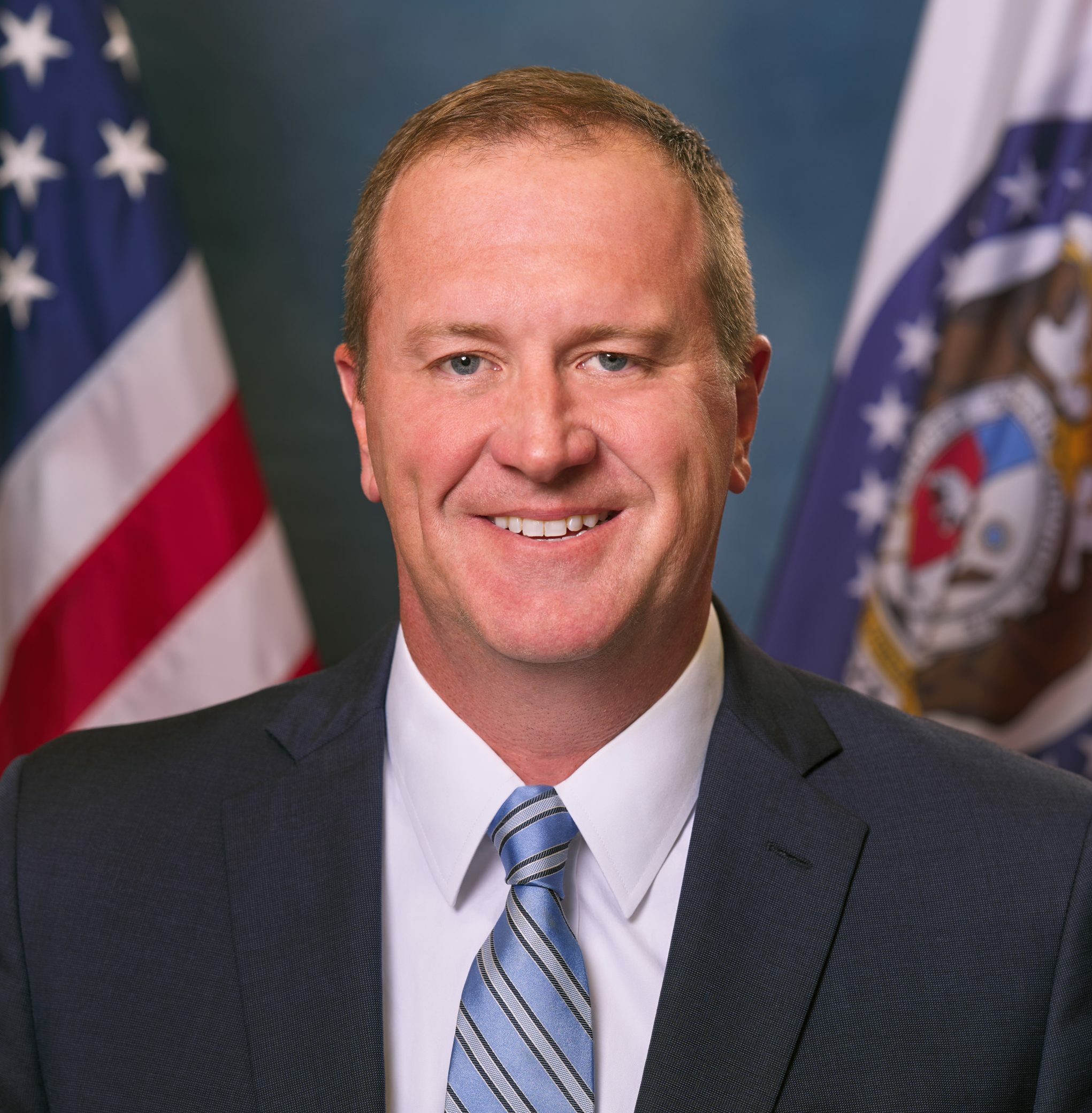Trump Campaign Holds Pre-Debate Press Phone Call on Crime, Border

Crime and the porous border were the focus of a pre-debate telephone press conference held by the Trump campaign.
While Sen. Eric Schmitt (R-Mo.), Rep. Nancy Mace (R-S.C.) and other speakers honed in on those topics, most reporters asked questions about the debate.
One topic that’s rarely reported is the so-called “bipartisan” immigration bill that Democrats blame former President Donald Trump for tanking. Schmitt said the bill “fell apart because it would have made the problem worse.”
“It would have created a process outside of the judicial system that we have now for asylum agents to fast-track illegal immigrants to become citizens through asylum claims. That doesn’t exist now.”
“It would have supercharged. It would have created an express lane to more illegal immigration,” said Schmitt. “Secondly, it would have taken jurisdiction out of the state of Texas.” Instead, cases would be heard by the D.C. Court of Appeals. “This was a bad bill. It fell apart under its own weight because it didn’t help the situation. It made it worse.”
The DVJournal asked if Trump would hold Vice President Kamala Harris accountable during the debate for her flip-flopping on fracking, defunding the police and mandating EVs. That question did not get a direct answer.
“The president is certainly full of surprises,” said spokeswoman Danielle Alverez. “I know that we can expect him to be his charming self. We know he’s incredible when it comes to weaving in and out of topics. He’s incredible on those policy issues.”
Mace said, “Kamala Harris has been a disaster as border czar and unleashed a wave of violent migrant crime across the country and plenty of people in the mainstream media for years now dubbed her the border czar…The Harris-Biden administration took more than 94 executive actions on immigration, including halting construction of the border wall and ending the successful remain in Mexico policy.”
Crime Prevention Research Center President John Lott said despite recent claims that crime has fallen during the Biden-Harris administration, “violent crime has soared dramatically over the last few years. Total violent crime fell 17 percent during the Trump administration, and then it’s increased by 43 percent under Biden.” He explained of the two measures of crime statistics, the FBI data and the Bureau of Justice Statistics National Crime Victimization Survey, the latter is more accurate.
Many crimes are not reported to the police, who then turn that information over to the FBI, he said.
“If you look at total crimes in those cities using the National Crime Victimization data, only 8 percent of total violent crimes and only 1 percent of total property crimes result in arrests,” he said.
National Border Patrol Council President Paul Perez said he’s worked under five different presidents, and “this is by far the worst we’ve seen in the 27 years I’ve been down here.”
“We have apprehended over 10 million people,” said Perez. “The scary number is the 2 million year-to-date are known gotaways.”
Many of those crossing the board, who come from 170 different countries, are gang members, he said.
“They’re taking over cities and towns, making every state a border state,” said Perez. A Venezuelan gang, Tren de Auragua, and an El Salvadoran gang, MS 13, are very violent, he said. “Not to mention the cartels that have profited under border Czar Harris’ reign.”
“They made money hand over fist,” bringing in people and illegal drugs, he said. And it’s not just the southern border. Illegal immigrants are also coming across the northern border from Canada, he said.
Answering a press question, Schmitt said Harris “was the tiebreaking vote on the Inflation Reduction Act, which pumped $1.4 trillion [into the economy], which supercharged inflation. That’s her record. She proudly boasted about undoing all the successes that we had under President Trump’s term…This is her record, and he can’t really run away from it, although she doesn’t want to do press conferences, and she doesn’t want to handle the back and forth with reporters.”
Mace said Harris was the tie-breaking vote 33 times.
“She owns everything this administration has caused,” said Mace. “She celebrated. She cheered [President] Joe Biden on as the border czar…She can’t hide from border policy, that has seen spikes in inflation and spikes in crime. And she’s not taking the tough interviews. She’s not taking tough questions, and Donald Trump is out there every single day. He’ll talk for an hour and a half…There’s just no way out of flip-flopping or lying. She has lied over and over again on her policy. She has now taken policies from Trump’s website multiple times over. She’s plagiarized from Joe Biden’s policies and website.”
Please follow DVJournal on social media: X@DVJournal or Facebook.com/DelawareValleyJournal









